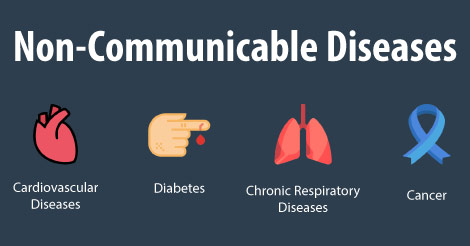Sydney, Australia – A comprehensive international twin study has reinforced the connection between low fruit and vegetable consumption and depression in adults over 45, with findings published in Scientific Reports.
The study, led by the Centre for Healthy Brain Ageing (CHeBA) at UNSW Sydney, analyzed data from 3,483 twins across Australia, Denmark, Sweden, and the United States over an 11-year period. Researchers found that higher consumption of fruits and vegetables was consistently associated with lower depressive symptoms.
Dr. Annabel Matison, lead author and Postdoctoral Fellow at CHeBA, emphasized the significance of these findings. “This research offers another compelling reason to encourage increased fruit and vegetable intake, particularly in adults over 45,” she said.
Why It Matters
Depression is a leading cause of disease burden in adults aged 55 and older. While symptoms range from mild to severe, even subclinical depression significantly impacts quality of life. Research has shown that depression is linked to increased levels of inflammatory and oxidative stress markers and reduced antioxidant levels, which fruit and vegetables can counteract through their rich fiber, vitamin, and micronutrient content.
The Power of Twins
The study leveraged the unique advantages of twin research. Co-author Dr. Karen Mather, Leader of CHeBA’s Genomics and Epigenomics Group, explained, “Twins share 50–100% of their genetics and often the same early family environment, which helps isolate factors like diet from other influences such as socioeconomic status.”
The twin-focused analysis, part of the Interplay of Genes and Environment across Multiple Studies (IGEMS) consortium, included participants from four major longitudinal studies: the Older Australian Twins Study, Minnesota Twin Study of Adult Development and Aging, Middle Age Danish Twins Study, and The Swedish Adoption/Twin Study of Aging.
Key Findings
Low intake of fruit was defined as less than 0.3 servings per day, and low vegetable intake was below 0.5 servings. In contrast, high intake averaged 2.1 servings of fruit and 2.0 servings of vegetables per day—still below the World Health Organization’s recommended five servings daily.
Scandinavian participants reported particularly low fruit and vegetable consumption, often less than half of recommended levels. “We still don’t know the full extent of potential mental health benefits if intake were increased to meet dietary guidelines,” Dr. Matison noted.
Gut-Brain Connection
The researchers suggest that the benefits of fruit and vegetable consumption extend beyond nutrients to include improvements in gut microbiome health, which may reduce systemic and neuroinflammation linked to depression.
Dr. Matison concluded, “Understanding the relationship between diet, the gut microbiome, and brain health is a growing field, and our findings underscore the importance of addressing dietary patterns to support mental health.”
The study encourages greater focus on dietary interventions as a cost-effective strategy to mitigate depression in aging populations, especially in regions with low average fruit and vegetable consumption.
Citation: Matison, A. P. et al. Longitudinal associations between fruit and vegetable intakes and depressive symptoms in middle-aged and older adults from four international twin cohorts, Scientific Reports (2024). DOI: 10.1038/s41598-024-79963-2












